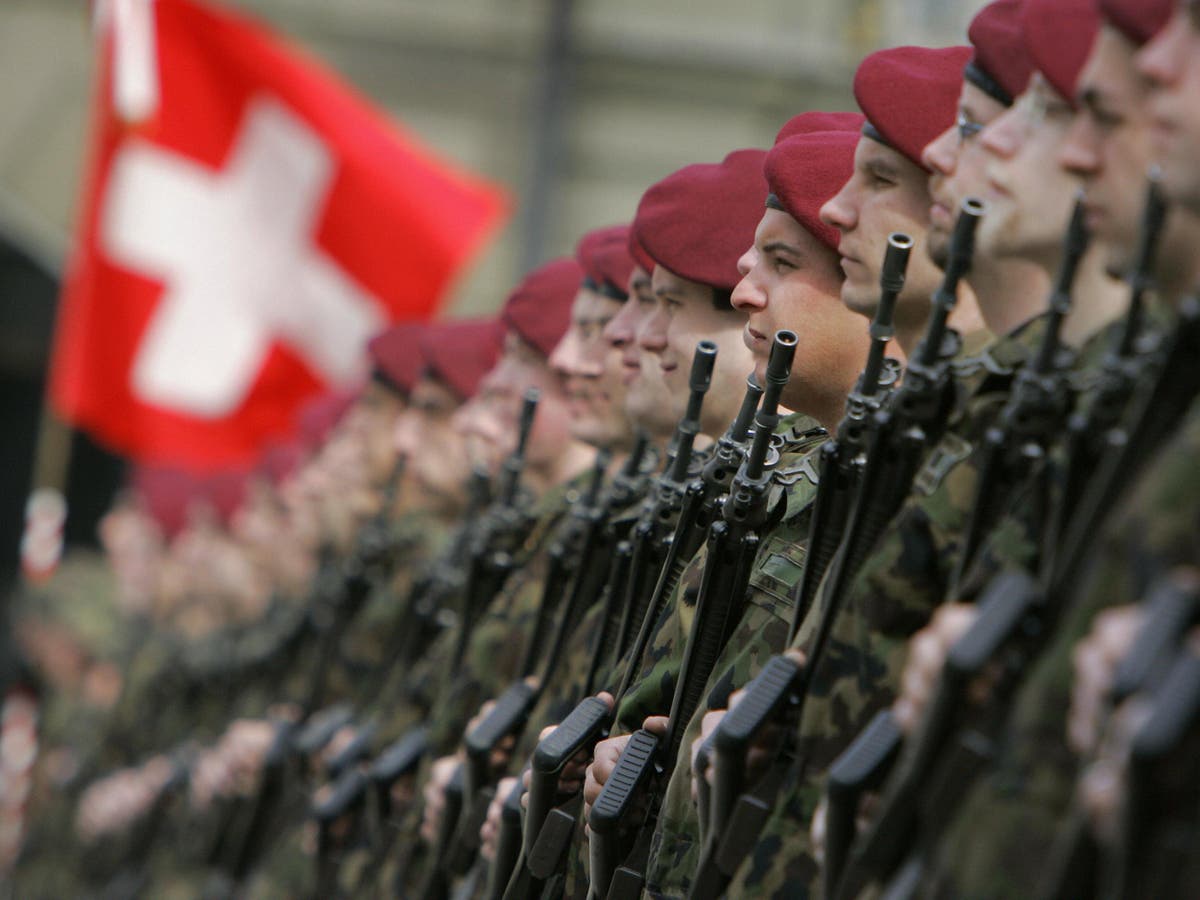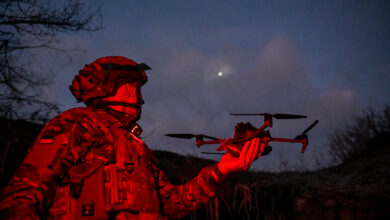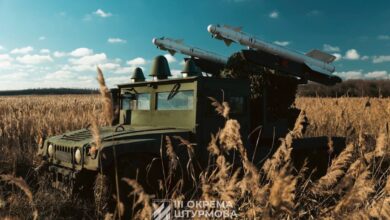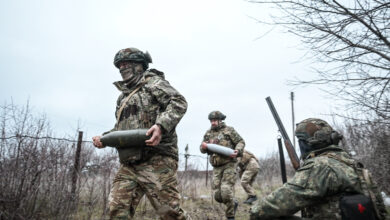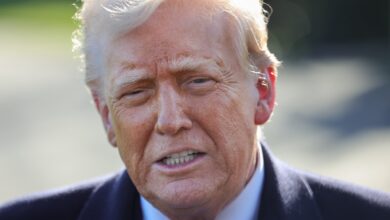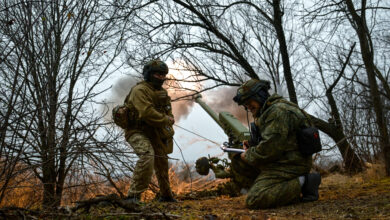Swiss Warm to NATO, EU Security Links: Survey
The Swiss are increasingly warming towards greater security cooperation with NATO and the EU following Russia’s invasion of Ukraine, while fewer believe neutrality protects Switzerland, a survey out Thursday showed.
An unprecedented 52 percent favor moving Switzerland closer to the Western alliance, though only 27 percent want to join.
Thirty-five percent now think joining a European defensive grouping would increase security more than maintaining neutrality — up 12 percent since January 2021.
The Swiss military academy and the Centre for Security Studies — both attached to ETH Zurich university — publish an annual survey of public opinion on foreign, security, and defense policy issues, to evaluate long-term trends.
The “Security 2022” study was conducted in January but the LINK polling institute also interviewed 1,003 voters by telephone between May 30 and June 17 following Russia’s February invasion of Ukraine.
Switzerland’s long-standing position has been armed neutrality and the landlocked state has mandatory conscription for men.
Eighty-nine percent still support the principle of neutrality, but for the first time in more than 20 years, support has declined — down eight percent since January.
“Only 58 percent of the Swiss population remains convinced that neutrality protects Switzerland from international conflicts, compared to 69 percent in January,” said a government statement on the survey.
Eighty percent support Switzerland maintaining an army, while the proportion in favor of a fully equipped army is at a record high 74 percent.
Thirty percent believe Switzerland spends too much on defense, but 19 percent think that spending is too low — up 12 percent at the highest level since the survey began in the 1980s.
Switzerland has decided to purchase 36 Lockheed Martin F-35A fighter jets to replace its aging fleet.
The decision could be challenged at the ballot box, with left-wingers and anti-militarists keen to trigger a public vote.
A majority (58 percent) believe armed conflicts in Europe will now become more frequent. One in three report having become more anxious due to the war in Ukraine.
Switzerland has matched EU sanctions on Russia, saying it was not breaking military neutrality.

